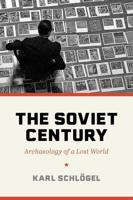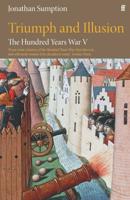Publisher's Synopsis
When the Dutch East India Company (VOC) intervened in a civil war in Java in 1677, no one knew that 50 years of inconclusive conflict would follow. The VOC brought to Java the technological advances of 17th century European warfare, which the Javanese eagerly adopted. Yet this ready transfer of technology was not accompanied by any significant cultural cringe on the European or Javanese side.;Meanwhile, the VOC endeavoured to redirect the Javanese economy to its advantage. Its intervention in Java remained a financial disaster for the VOC and led to unprecendented burdens on Javanese society. A spiral of intervention, resistance and rebellion was thus entrenched.;Professor Ricklefs shows that the juxtaposing of war, culture and economy in the history of VOC Javanese relations in the later 17th and early 18th centuries sheds important light on events in Java and also on cross-cultural relations more generally. By drawing comparisons with Japan and India in the same period, and with later Western interventions in non-Western societies, he asks whether there is not a more general causal connection among the transfer of military technology, economic and social structures, and cultural integrity.;"War, culture and economy in Java 1677-1726" attempts to make a major contribution to the histiography of Indonesia and, more broadly, of Asia in the pre-colonial period, while raising important questions concerning the history of Asian-Western relations in general.










